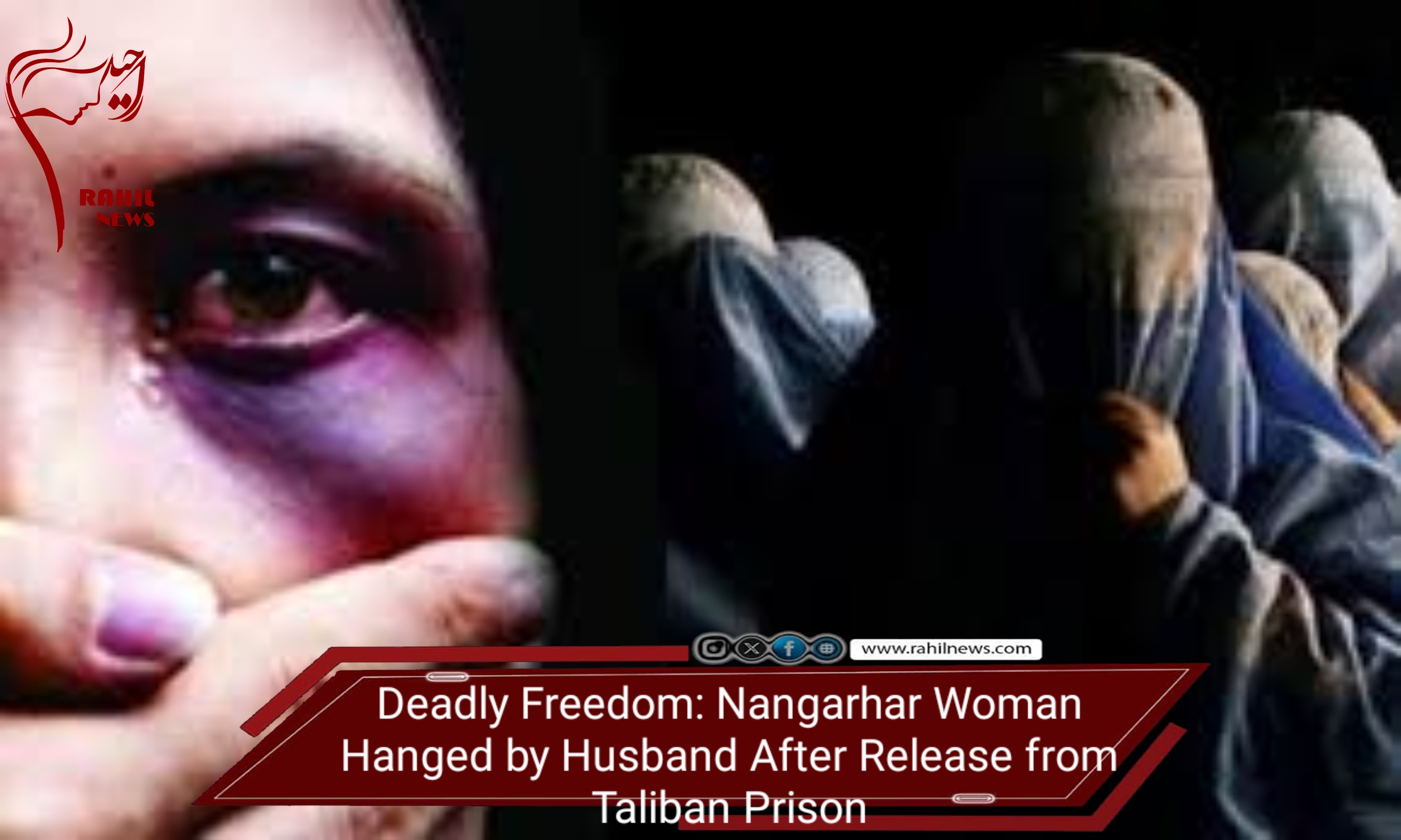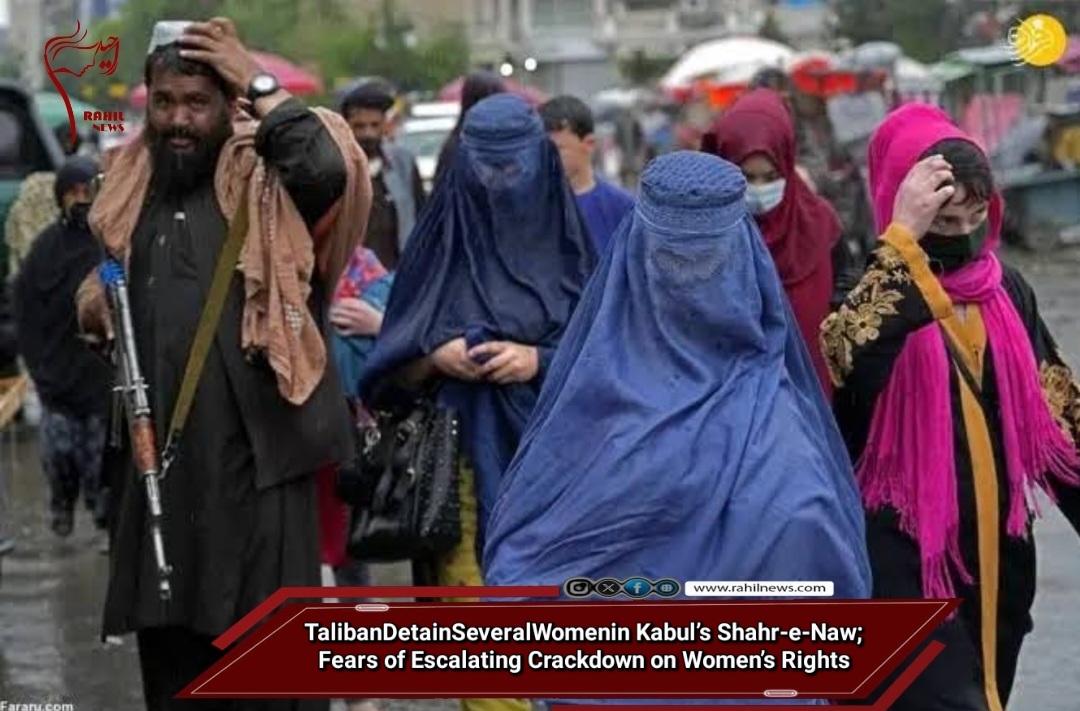
Share:
Nangarhar, Afghanistan | Report by Hana Karimi
Local sources in Nangarhar province confirm that a young woman in the Spinghar district was hanged to death by her husband just days after being released from a Taliban prison. The incident occurred on the second night of Eid al-Adha, Sunday, June 8 (18 Jawza), inside the couple’s home.
According to local reports, the woman had been arrested by the Taliban approximately one year ago on charges of having an "illicit relationship." After being flogged, she was sentenced to one year in prison. She was recently released ahead of the Eid holiday — but instead of returning to a safe home, she encountered a brutal and tragic end.
A local resident told Rahil News, “Her husband hanged her in their bedroom at night. No one imagined that surviving Taliban prison would lead to death at the hands of her own family.”
The victim was the mother of three young children, who are now left without their mother and living in distressing emotional conditions.
Taliban officials in Nangarhar have not commented on the case. According to local sources, the victim's family is under pressure to remain silent, and no legal investigation has been launched to date.
This killing comes only weeks after a similar incident in Bati Kot district of Nangarhar, where another man murdered his wife.
Gender-Based Violence Deepens Under Taliban Rule
Since the Taliban’s return to power, incidents of domestic violence, honor killings, and sexual assault against women have dramatically increased. The group’s severe restrictions on women, removal of them from public life, and the collapse of independent legal and protective institutions have created fertile ground for unchecked violence.
Under the current regime, even women who are released from Taliban prisons are not safe — often becoming targets of punishment, judgment, and even death from within their own families.
Women’s rights activists have expressed grave concern over the rising trend of gender-based violence and are calling for urgent mechanisms to protect vulnerable women, monitor the situation of female detainees, and hold perpetrators accountable.





